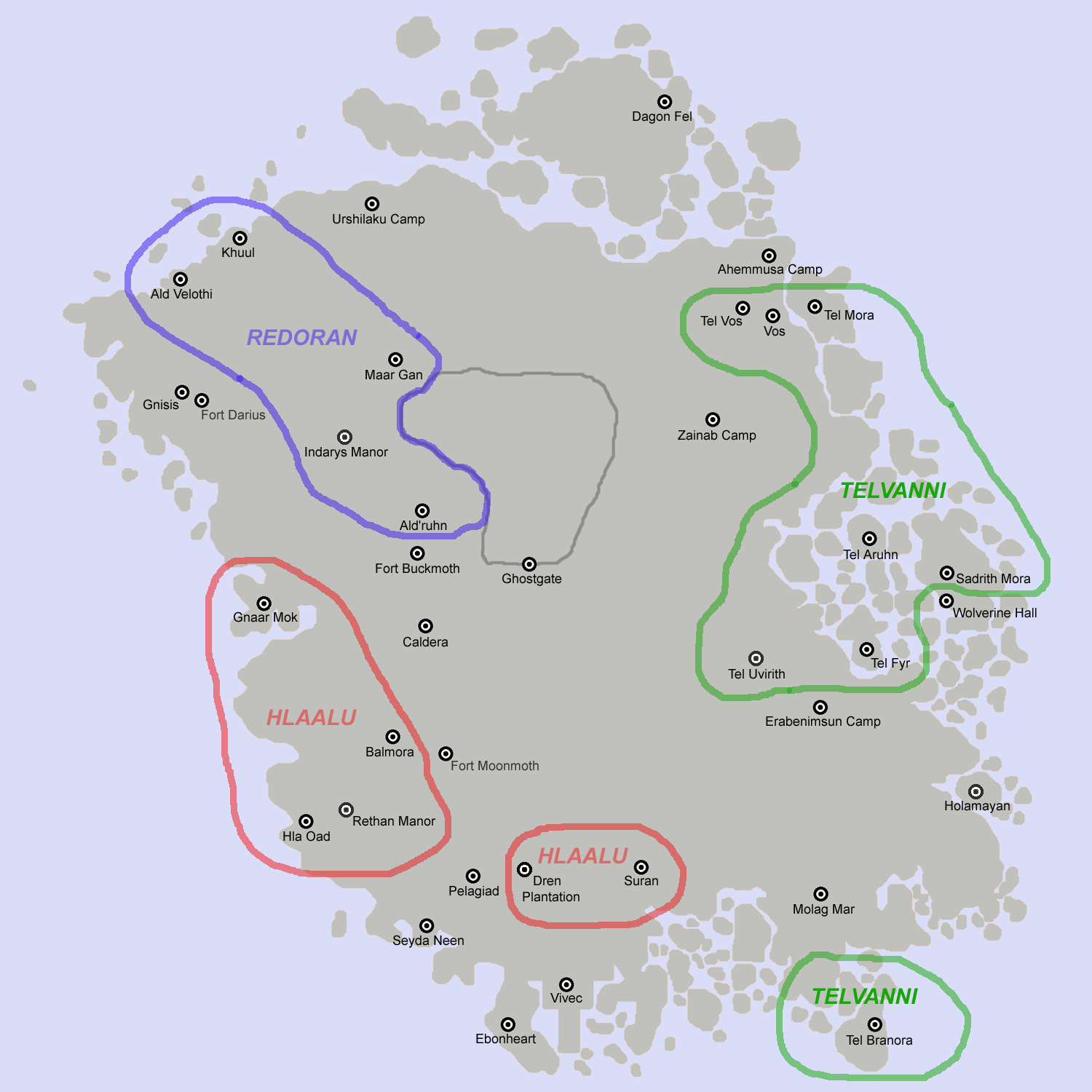|
OpenMW
OpenMW is a free and open-source game engine recreation that reimplements the one powering Bethesda Softworks' 2002 open-world role-playing game '' The Elder Scrolls III: Morrowind''. Overview The project aims to address issues with the original engine, as Morrowind no longer had support or bug-fix updates. The OpenMW engine is programmed in C++ and uses the Bullet physics engine, OpenAL-Soft for audio, MyGUI for window widgets, and SDL 2 for input. The launcher and OpenMW-CS tool use Qt for their graphical user interfaces. All the quests and other character choices of ''Morrowind'' and its official expansions and add-ons are fully playable in OpenMW, as are many third-party mods. As a game engine recreation, it therefore relies on but does not include the original assets of the game, such as art, textures, music, and other Bethesda-copyrighted material, meaning a copy of the original game (in any edition, including the Game of the Year Edition) is required to play Morr ... [...More Info...] [...Related Items...] OR: [Wikipedia] [Google] [Baidu] |
Morrowind
''The Elder Scrolls III: Morrowind'' is a 2002 action role-playing game developed by Bethesda Game Studios and published by Bethesda Softworks. It is the third installment in ''The Elder Scrolls'' series, following 1996's ''The Elder Scrolls II: Daggerfall'', and was released for Microsoft Windows and Xbox (console), Xbox. The main story takes place on Vvardenfell, an island in the Dunmer (Dark Elf) province of Morrowind, part of the continent of Tamriel. The central quests concern the demigod Dagoth Ur, housed within the volcanic Red Mountain, who seeks to gain power and break Morrowind free from Imperial reign. Though primarily a fantasy game, with many gameplay elements and Western medieval and fantasy fiction Trope (fiction), tropes inspired by ''Dungeons & Dragons'' and previous role-playing games, ''Morrowind'' also features some steampunk elements, and drew much inspiration from Middle Eastern and South Asia, South Asian cultures. ''Morrowind'' was designed with an open- ... [...More Info...] [...Related Items...] OR: [Wikipedia] [Google] [Baidu] |

